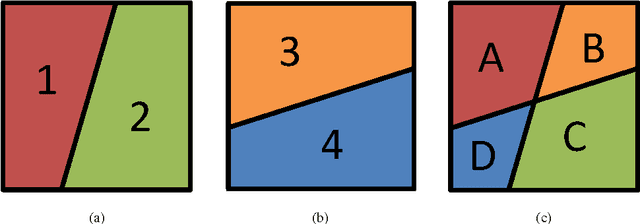Scalable $k$-NN graph construction
Paper and Code
Jul 30, 2013



The $k$-NN graph has played a central role in increasingly popular data-driven techniques for various learning and vision tasks; yet, finding an efficient and effective way to construct $k$-NN graphs remains a challenge, especially for large-scale high-dimensional data. In this paper, we propose a new approach to construct approximate $k$-NN graphs with emphasis in: efficiency and accuracy. We hierarchically and randomly divide the data points into subsets and build an exact neighborhood graph over each subset, achieving a base approximate neighborhood graph; we then repeat this process for several times to generate multiple neighborhood graphs, which are combined to yield a more accurate approximate neighborhood graph. Furthermore, we propose a neighborhood propagation scheme to further enhance the accuracy. We show both theoretical and empirical accuracy and efficiency of our approach to $k$-NN graph construction and demonstrate significant speed-up in dealing with large scale visual data.
 Add to Chrome
Add to Chrome Add to Firefox
Add to Firefox Add to Edge
Add to Edge